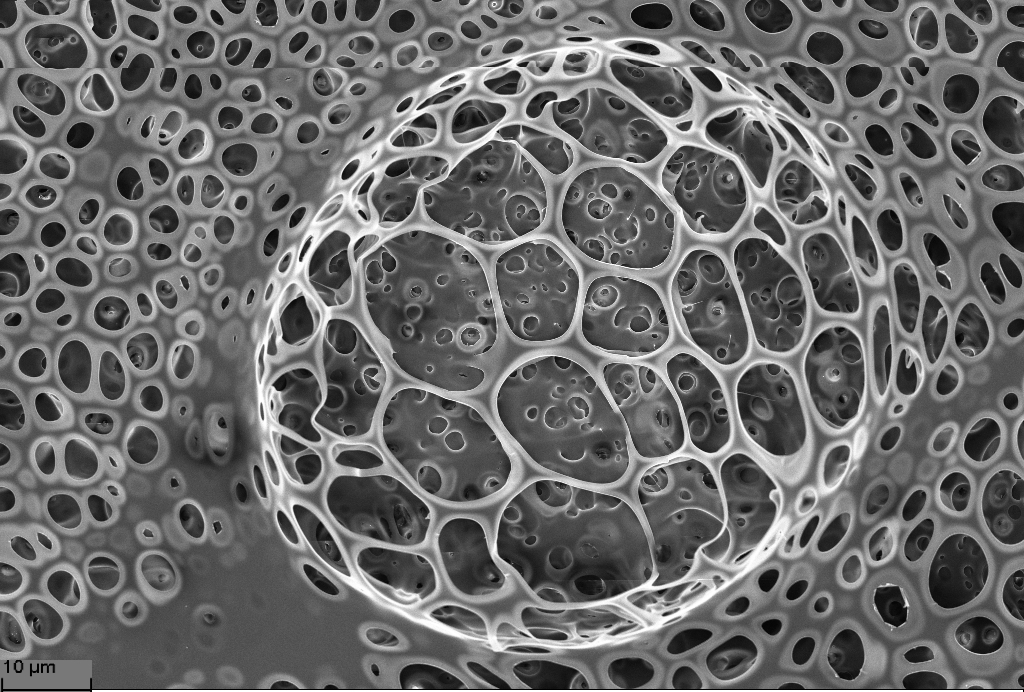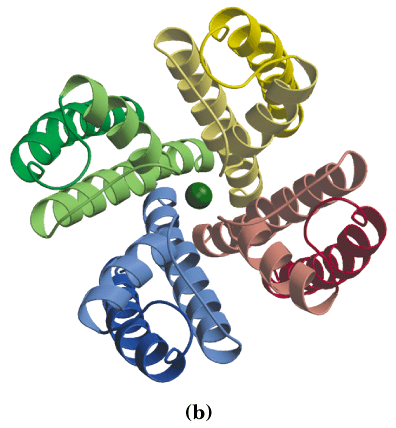The Scientific Reductionist and her Live Fundamentalist Position
The widespread philosophical view is that reductionism in the sciences is a dead view and perhaps slightly distasteful to boot. As I outlined in an earlier post, the received view assumes that “reductionism” is semantic, or Nagelian, reduction. The goal of such semantic reduction was to show that higher sciences …



